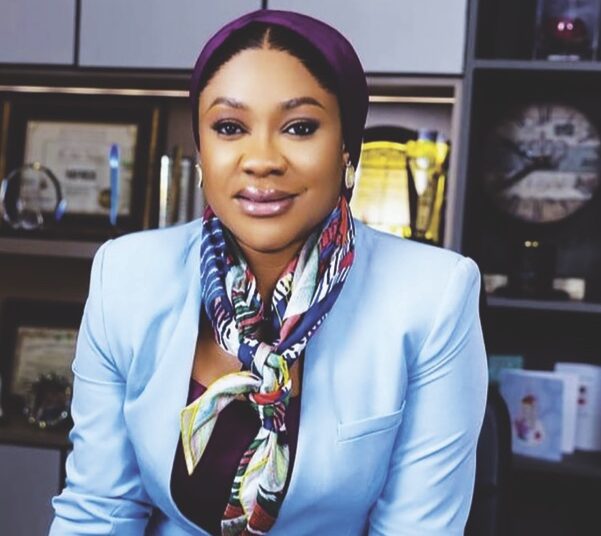The Federal High Court sitting in Abuja has ordered the Economic and Financial Crimes Commission (EFCC) to within 24 hours, release from its detention facility, a business woman and socialite, Aisha Achimugu.
The order, delivered by Justice Inyang Ekwo, emphasized the primacy of due process and the fundamental rights of the accused amid ongoing investigations into alleged money laundering and corruption.
Achimugu was arrested recently at the Nnamdi Azikiwe International Airport, triggering a media storm and widespread speculation.
However, the court’s decision underscores that allegations—no matter how serious—must not override the rule of law or the presumption of innocence.
Justice Ekwo, in his ruling, stressed that law enforcement agencies must act within the limits of the constitution.
He noted that the protection of individual rights remains a cornerstone of Nigeria’s democratic system, and that any action outside legal procedures amounts to executive overreach.
“The fight against corruption must be conducted within the framework of the law. This court will not permit any breach of constitutional provisions under the guise of anti-corruption,” Justice Ekwo declared.
The judge further directed the Economic and Financial Crimes Commission (EFCC) to report back on Achimugu’s status, reinforcing the judiciary’s oversight role and the importance of transparency and accountability in legal proceedings.
“Justice must never be sacrificed on the altar of expediency. Every Nigerian, regardless of status, is entitled to fair treatment under the law,” Justice Ekwo concluded.
Achimugu faces allegations of money laundering, conspiracy, and unlawful possession of property, but no formal charges have yet been proven in court.
Legal experts note that her case highlights broader concerns about fairness, selective prosecution, and media sensationalism in Nigeria’s anti-corruption landscape.
“This ruling sends a strong message. The judiciary is reminding everyone—public institutions, law enforcement, and the public—that justice is not a weapon but a process guided by facts and fairness,”said a senior constitutional lawyer.
Observers say the court’s decision should spark deeper reflection on the operations of anti-graft agencies, especially regarding adherence to legal protocols and the dangers of trial by media.
In a climate where public opinion often shapes perception, the judiciary’s intervention is seen as a vital check.
Human rights advocates welcomed the ruling, noting that it could serve as a precedent in protecting citizens from arbitrary detention.
“This is not just about one individual. “It’s about reaffirming the principles that hold our democracy together,” said an Abuja-based activist.
Achimugu’s case is now a touchstone in Nigeria’s broader struggle to balance the imperative of tackling corruption with the need to uphold constitutional liberties.
Her release does not mark the end of investigations but reasserts that even the most high-profile cases must proceed within the bounds of the law.
As the country grapples with the complexities of institutional reform and public accountability, the court’s ruling offers a measure of assurance that Nigeria’s judiciary remains a bulwark against abuse of power.
The coming weeks will likely see further legal developments, but for now, the court’s firm stance has reignited critical conversations about justice, fairness, and the future of Nigeria’s anti-corruption crusade.






